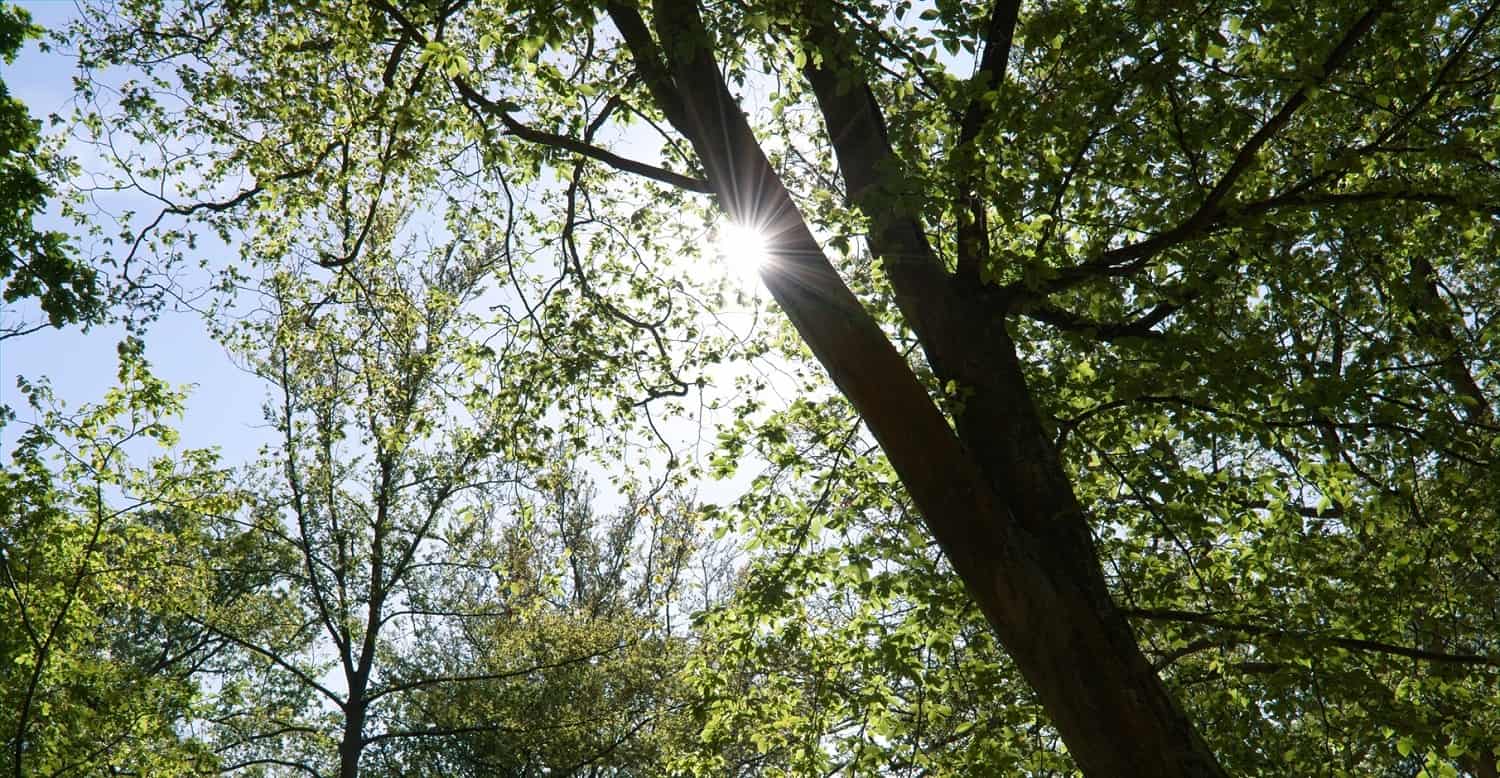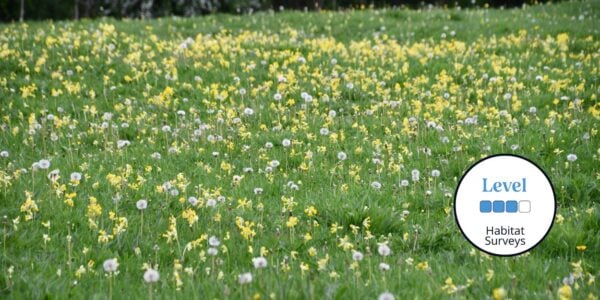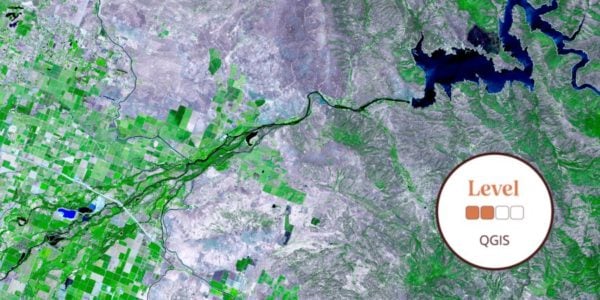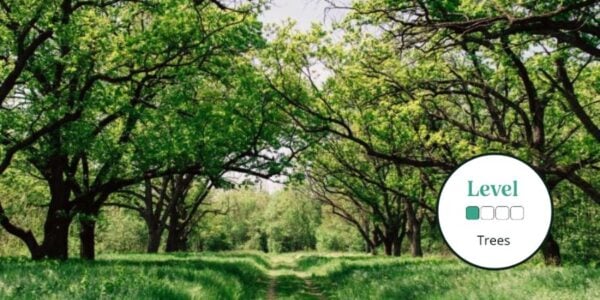This beginner to intermediate course is designed to train learners in how to complete the Woodland Condition Assessment (WCA) using the Forestry Commission’s new app in the Spring/Summer. Whether you own or manage a small woodland or are an ecologist who will be using WCAs for Biodiversity Net Gain measurements, this course should leave you feeling confident to carry out surveys when trees are in leaf.
This course will include:
- An introduction to British woodland habitats and their characteristics that are used to assess condition.
- An introduction to identifying healthy woodlands, including awareness of invasive species, grazing pressures, and evidence of pests and diseases.
- Practical experience completing the Woodland Condition Assessment using the Forestry Commission’s new app with an expert tutor.

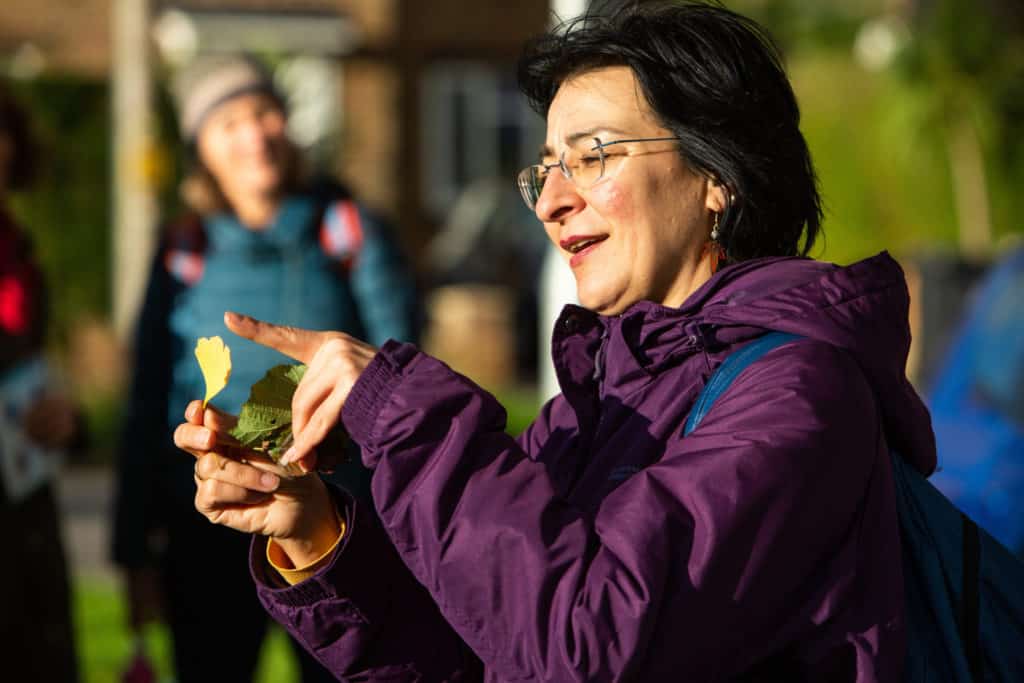
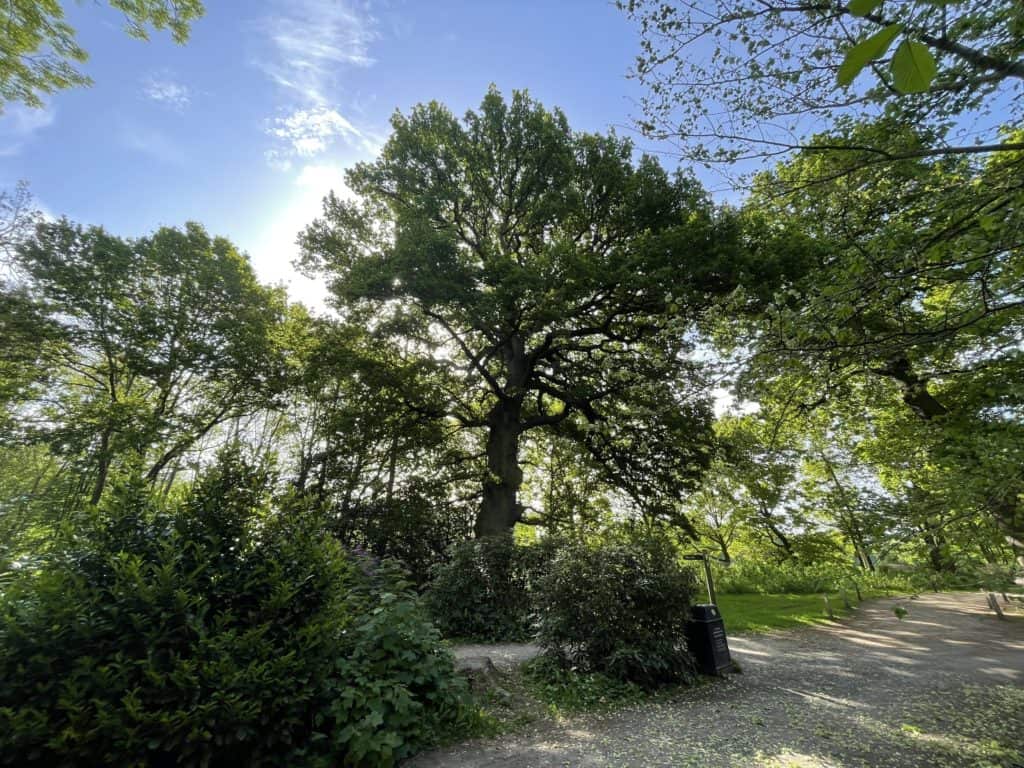
Read More
By the end of the course, participants will:
- Be confident in their assessment of broad woodland condition indicators relevant to the season including: age distribution of trees, browsing damage, tree health, canopy cover, vertical structure, deadwood and woodland disturbance.
- Be confident in identification of indicative woodland flora, native trees and invasive species in leaf/flower.
- Know how to complete an accurate woodland condition assessment using the Forestry Commission app.
Who Should Attend?– Nature enthusiasts, students, rangers, early career consultants, ecologists. It will be particularly useful for those who own or look after woodlands and want to brush up their skills to help them complete the Forestry Commission’s Woodland Condition Assessment.
Prior Knowledge- No existing knowledge or experience of the Woodland Condition Assessment is needed for this course. Some existing experience of plant identification and woodland habitats is essential.
Knowledge Level– Beginner to Intermediate. Level descriptors can be found on the following web-page: Framework and Course Level Descriptors.
PLEASE NOTE: There is no accommodation or meal facilities provided with this course. Refreshments (tea and coffee) will be available. If we are unable to reach viable numbers for this course, we will inform you of the course cancellation 4-5 weeks prior to the course run. We would recommend when purchasing accommodation and/or travel you should take out your own insurance.
Bookings will close if course capacity is reached.
Please email [email protected] if you have any questions.
About the Tutor
Laurie Wildwood
Laurie Wildwood is a professional Ecological Consultant and botany tutor who, with his refreshing approach, aims to inspire adults and children to explore and appreciate the natural world. His professional background is in ecology, conservation and habitat management.
Example Timetable
Timings for this course may vary, so please check the start and end times of the different course runs at the bottom of the page. Please arrive in time for the course to start promptly.
This course will involve both classroom learning and field excursions to cover all of the learning objectives.
Lunch is not included so please bring your own food. Refreshments (tea and coffee) will be provided.
What's Included
The course has been carefully created by expert tutors and educators to help you build your knowledge and apply it within the field surrounded by like-minded individuals.
The course includes:
- Classroom learning covering the theory of the topic
- Field excursions to apply new knowledge
- Expert tuition for which the Field Studies Council is renowned
- Clear objectives and progression
- Refreshments (tea/coffee)
You can rest assured that the absolute best content from an expert in environmental education will be provided. In choosing a Field Studies Council course, you will be joining thousands of people who learn with us each year.
Bursaries and Subsidies
Student Discount
This course is eligible for a student discount. If you are a current student, please use discount code BioStudent20 at checkout for 20% off all Biodiversity courses.
Natural History Bursaries
There are a number of natural history bursaries available to help with the cost of your course. To find out if you and your chosen course are eligible, read more here.
Before You Attend
What to Bring
- Notebook and pencil
- Lunch and refreshments
- Sensible footwear and clothing for being outdoors
- Small bag to carry personal items
- A mobile phone so you can download and use the Woodland Condition App
- Your preferred tree and wildflower guides (e.g. Rose or Streeter)
- A x10 hand lens
Recommended Literature
When you book this course, you will receive a discount code for the Field Studies Council recommended guides below:
- Woodland Condition Survey pack This survey pack includes a set of guides specifically designed to help you complete a Woodland Condition Assessment.
There will be a member of staff with first aid training and access to a first aid kit on site. If you have special medical or access requirements, please let us know as soon as possible so we can plan the course.
Opportunities to attend this course
-
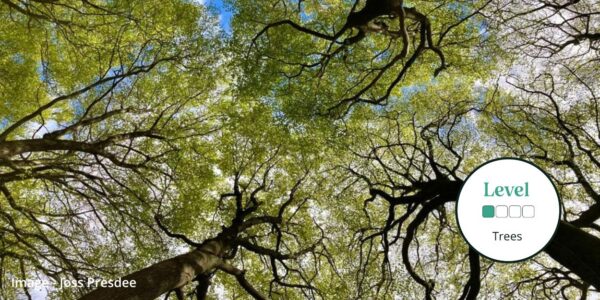
Tue 27, August 2024 10:00 - Wed 28, August 2024 17:00
Further information on Oakwell Hall can be found here. The venue is unable to offer accommodation with this course, please book local accommodation if you require overnight stays and ensure you take out the appropriate insurance.
No current dates for this course? Click here to view all the upcoming Natural History courses.
Progress Your Learning
This is a training course from the Field Studies Council, delivered by expert tutors with an approachable learning style. After attending this course, you may like to progress your learning with further relevant courses or branch out into other areas of natural history. The Field Studies Council offers both online and in-person courses, so you can choose the learning style that suits you best.
The course gives you the opportunity to immerse yourself in a new subject and acquire novel skills. Our online portal gives you time to study at your own pace and fit the lessons around your own schedule.
If you have any questions about our courses, please check out our Frequently Asked Questions or email [email protected].
Group Bookings Made Easy
If you have a group of 10 or more individuals wanting to complete one of our courses, our team are available to discuss your options – from discounts to private team courses. Find out more!
You can rest assured that the absolute best content from an expert in environmental education will be at your fingertips. In choosing a Field Studies Council course, you will be joining thousands of people who learn with us each year.

